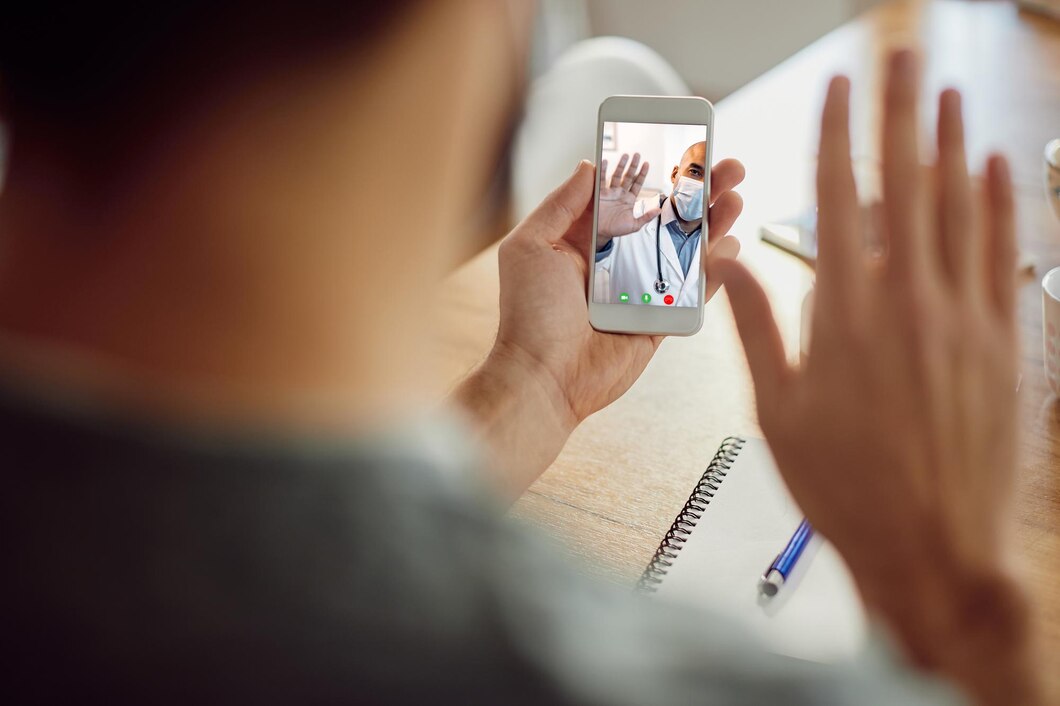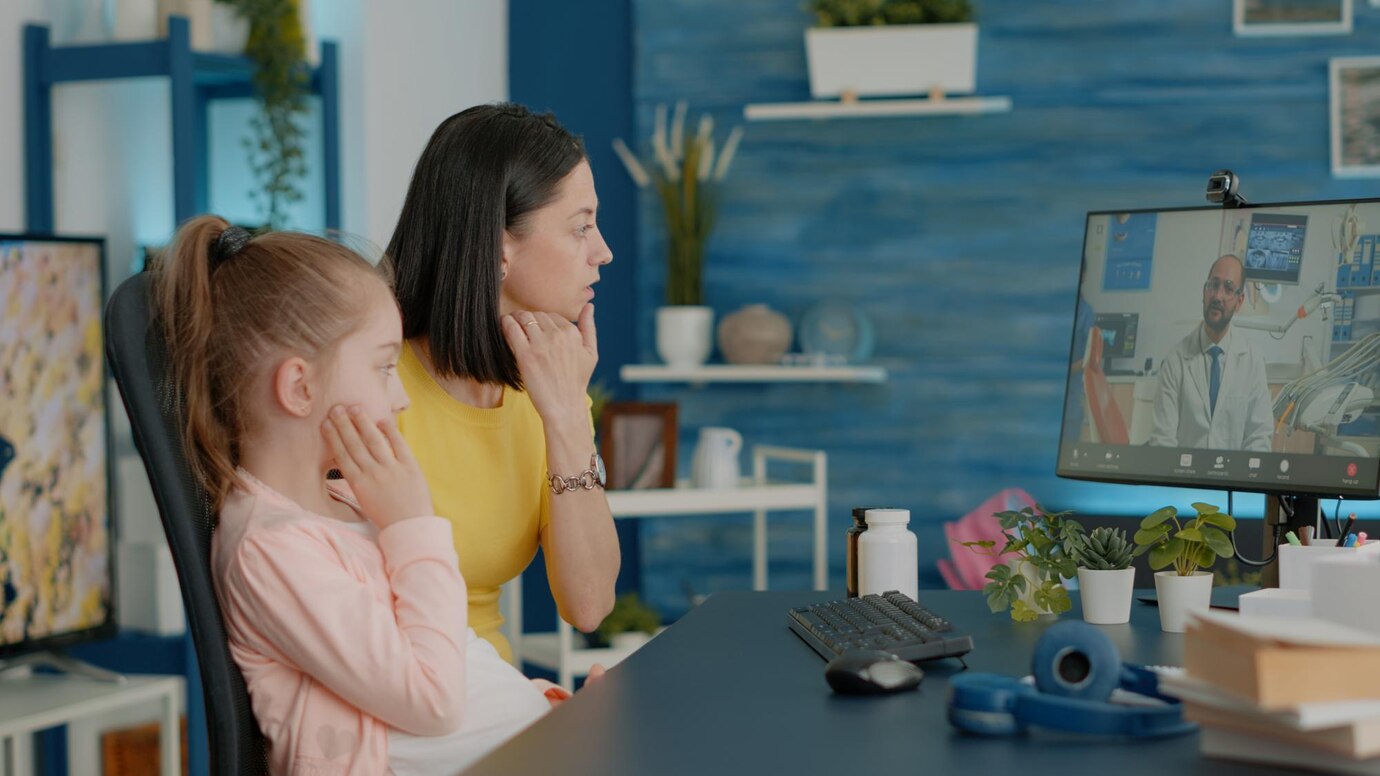Key Points
- Telehealth recovery coaching provides people with mental health conditions access to vital health services in a practical, convenient, and safe manner.
- Recovery coaching is a type of health program that aims to provide individuals with psychosocial disabilities with the support they need to overcome barriers in their lives.
- Through telehealth sessions, recovery coaches are able to help NDIS participants develop a recovery plan and access the services they need for their recovery journey.
- Sureway Health & Wellbeing’s telehealth recovery coaching service is focused on helping NDIS participants achieve independence and improve their overall well-being.
Summary
Telehealth recovery coaching has emerged as an effective way to help people with mental health disabilities cope with their condition and achieve their recovery goals. Since it can be done by phone or through virtual sessions, telehealth recovery coaching is able to help NDIS participants access much-needed mental health treatment options, which are vital for their recovery journey.
Outline
What is Telehealth?
Telehealth emerged as a solution to provide consistent health services to those who may find it difficult to visit healthcare settings in person. As society becomes increasingly inclusive, crucial services like health support are evolving to become more accommodating. Telehealth ensures that those who are physically constrained or lack the means to visit healthcare facilities can still access quality health services.
Through telehealth coaching, individuals can engage in regular consultations, monitoring, and follow-ups with their healthcare professionals via remote channels like phone calls or virtual meetings. With just a digital device, such as a smartphone or a laptop, and an internet connection, health support can be accessed from almost any location. In regions with limited or no internet connectivity, phone calls can serve as an effective medium.
The onset of the pandemic further popularised telehealth as a mainstream service. It became essential to reduce exposure to high-risk areas, making virtual health services the new norm. Post-pandemic, telehealth continues to be an indispensable medium, especially for individuals with disabilities.
What is Recovery Coaching?
Recovery Coaching is a structured program focused on addressing various mental health disabilities, including psychosocial disorders. Individuals with a psychosocial disability can face functional barriers when interacting with their environment, leading to disparities.
Such barriers may encompass challenges like concentration, adapting to certain environments, interacting with others, handling time pressures, managing stress, understanding constructive feedback, and completing tasks.
As of December 2021 in Australia, psychosocial disability was the third most common primary disability among National Disability Insurance Scheme (NDIS) participants, affecting over 53,000 individuals.
Recovery Coaching offers NDIS participants a dedicated Recovery Coach well-versed in mental health. These coaches aid Participants in their journey towards improved well-being and in reaching their personal and professional aspirations.
Common Responsibilities of Recovery Coaches:
When assisting an NDIS participant with a psychosocial disability, a Recovery Coach is anticipated to:
- Collaborate with participants to develop a recovery plan.
- Support and empathise with the participant throughout their journey.
- Understand the participant's goals and requirements.
- Introduce the participant to beneficial support and services.
- Facilitate access to mental health services.
- Guide the participant in maximising their NDIS plan.
- Help the participant build a recovery network to sustain recovery success.
More information about psychosocial disability and NDIS Recovery Coach can be found here.
How Does Telehealth Recovery Coaching Work?
For those in need of an NDIS Recovery Coach but find it challenging to have face-to-face sessions, telehealth is a viable solution. The process for Telehealth Recovery Coaching mirrors regular telehealth sessions. To begin, one must book an appointment online. The appointment can be booked directly with a Recovery Coach, who then coordinates with the client.
A participant needs a device like a computer, tablet, or smartphone, an internet connection, and a virtual space for the session.
During the session, participants can either join a virtual space or be contacted via telephone. As for the duration of the session, this will be discussed with participants once their booking has been confirmed. The length of the phone or virtual call is tailored according to the participant’s needs.
Benefits of Telehealth Recovery Coaching:
- Integrated Support: Telehealth Recovery Coaching enriches existing mental health interventions. It integrates with traditional approaches, ensuring comprehensive and consistent care.
- Efficiency: Telehealth negates travel, conserving both time and money. This efficiency leads to more frequent and adaptable sessions, potentially enhancing outcomes.
- Access to Remote Treatment: Telehealth is not bound by geography. People in remote or previously underserved locations can now avail consistent, high-quality mental health care.
In summary, telehealth and its extension to Recovery Coaching have revolutionised the accessibility and delivery of healthcare services, making it more inclusive and adaptive to the needs of the modern world.
For NDIS participants looking to increase their independence, networks and overall well-being through Recovery Coaching, Sureway offers Telehealth Recovery Coaching.
Sureway is a proven expert in providing assistance to Australians looking for better outcomes and opportunities. Our team is composed of highly skilled and caring professionals ready to equip participants with the right skills and quality support as they work towards their goals. You can reach us at 1300 787 392 or [email protected].




